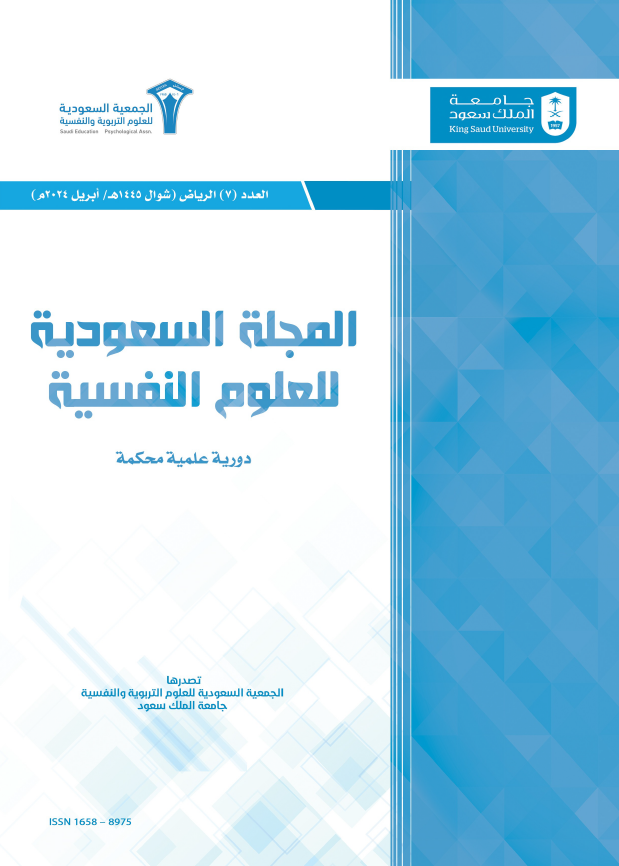Modeling the causal relationships between irrational thoughts, self-esteem, and academic procrastination among female students at Najran University
Keywords:
structural model - irrational thoughts - self-esteem - academic procrastinationAbstract
The aim of the current research is to reveal the most common irrational thoughts among female students at Najran University, and to reveal the relationships between irrational thoughts, self-esteem, and academic procrastination, the possibility of predicting academic procrastination through irrational thoughts and self-esteem, and the possibility of predicting self-esteem through irrational thoughts, as well as the construct A proposed theoretical model for causal relationships between research variables, and an examination of the direct and indirect effects of the research variables. The research sample consisted of 217 female students from Najran University, who were selected in a stratified random manner. The results showed that the prevalence of irrational thoughts ranges between weak, moderate, and high in dimension and total score, and that there is a positive relationship between irrational thoughts and their dimensions and both self-esteem and academic procrastination and their dimensions, and the possibility of predicting academic procrastination through irrational thoughts and self-esteem, and the possibility of predicting self-esteem through irrational thoughts. While the research reached a model that explains the direct and indirect effects of irrational thoughts, self-esteem, and academic procrastination, While the research reached a model that explains the direct and indirect effects of irrational procrastination

